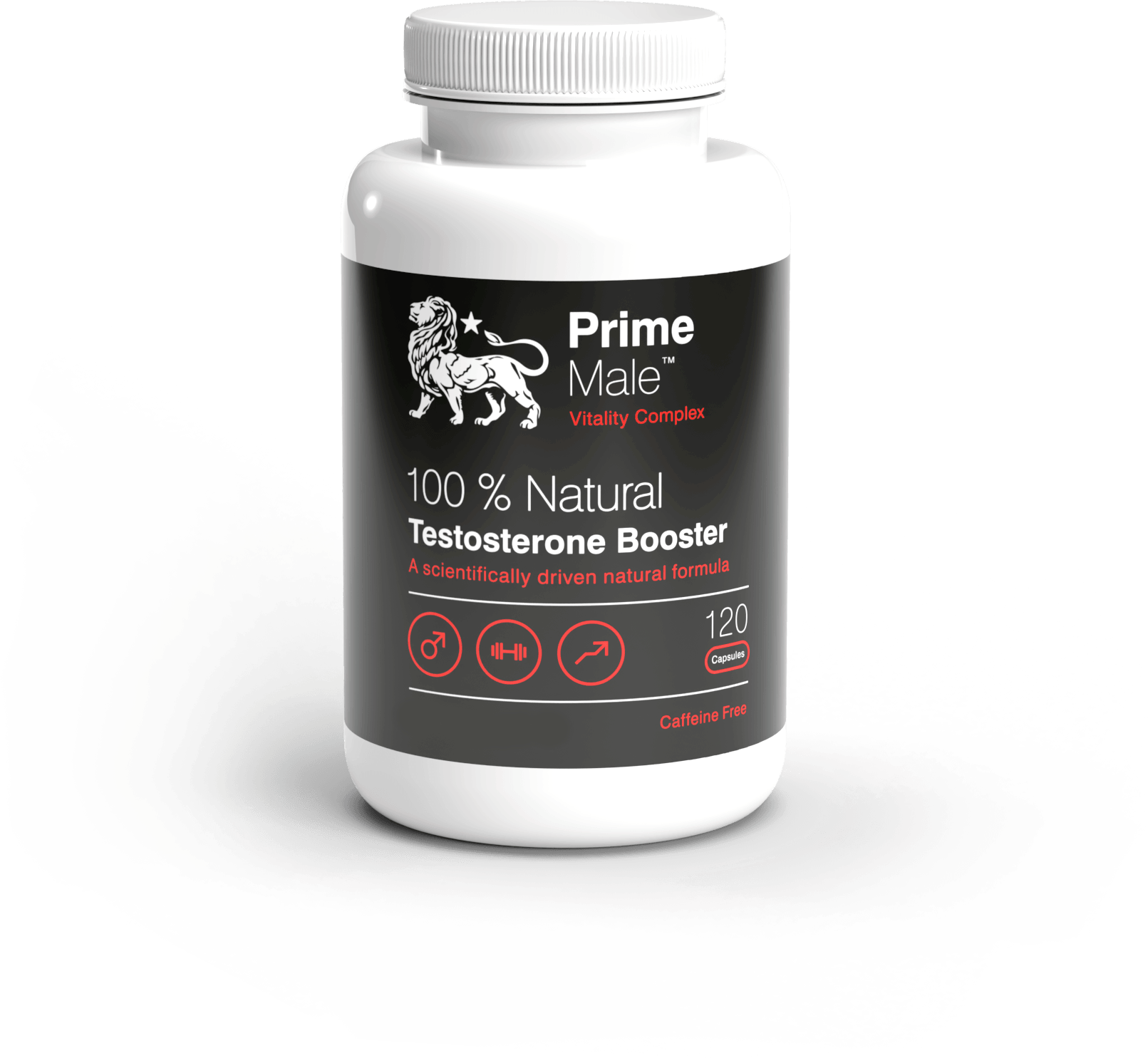We ship worldwide from the USA and UK
PRIME MALE BLOG : GET BACK TO YOUR PRIME
We ship worldwide from the USA and UK
PRIME MALE BLOG : GET BACK TO YOUR PRIME
In last week’s article, we looked at the tricky topic of growing your triceps. How much is too much? This week, we’re switching gears to talk about diet vs exercise: Which is better for fat loss? It’s one of the most common fitness questions out there.
Table of Contents
“Is dieting more important than exercise when it comes to losing fat?”
Fat loss is all about creating a calorie deficit. No matter what anyone says, this is the foundation. There are many factors that can affect fat loss, but when you strip it back, it all comes down to energy balance.
You burn a certain number of calories each day and you consume a certain number of calories. If you consume more than you burn, your body stores the extra calories as fat. If you consume fewer than you burn, your body uses its fat stores to make up the difference.
It’s a bit like a bank account. If you spend more money than you earn, you have to dip into your savings to cover your expenses. Fat loss works in the same way.
To lose fat, you can reduce how many calories you eat or increase how many you burn through activity. Both create a calorie deficit. The bigger the deficit, the more fat your body will burn.

Clinically Proven Ingredients to Promote Muscle Mass, Enhance Energy and Libido, and Maximises Overall Performance for Men Over 40.
Order NowTo find out, we need to look at where your daily calorie burn actually comes from. The total number of calories you burn each day comes from four main areas.
Your Basal Metabolic Rate (BMR) is the energy your body uses to stay alive. It covers breathing, digestion, maintaining body temperature, and keeping your organs working. This makes up about 70 percent of your total calorie burn. You can use a calculator to measure this.
The Thermic Effect of Food (TEF) is the energy your body uses to digest and process what you eat. It accounts for roughly 10 percent.
Non-Exercise Activity Thermogenesis (NEAT) includes everything you do outside of structured exercise. Walking the dog, climbing stairs, cleaning the house, carrying shopping bags, or even fidgeting at your desk all count. This can make up around 15 percent, depending on how active you are during the day.
Exercise Activity Thermogenesis (EAT) is the energy you burn through deliberate exercise such as running, lifting weights, cycling, or playing sports. This usually makes up only about 5 percent of your daily calorie burn.
That’s right. Exercise burns fewer calories than most people think. Even running 5 km each day only accounts for a small percentage of your total output. Of course, running a marathon changes things, but very few people can do that every day.
If you want to lose fat, your diet should be your starting point. Be honest about how much you eat and drink. Then use an online calorie calculator to estimate how many calories you need each day to reach your goal weight.
Once you have adjusted your diet, you can turn your focus to exercise.
Combining diet and exercise delivers the best results. Let’s say you need to create a 500-calorie deficit each day to lose fat. You could achieve this through diet alone, but cutting 500 calories from your meals every day can be difficult to stick to.
Instead, you could exercise to burn around 200 calories and reduce your food intake by 300 calories. This makes your plan more enjoyable and sustainable. On top of that, exercise offers other benefits such as better strength, improved cardiovascular fitness, mental health support, and social interaction.
Diet is more important than exercise for fat loss, but combining both gives you the best and most balanced approach. Focus on creating a calorie deficit through smart eating, stay active, and you’ll get lasting results.

Tested and Trusted
By Over 1 Million Men